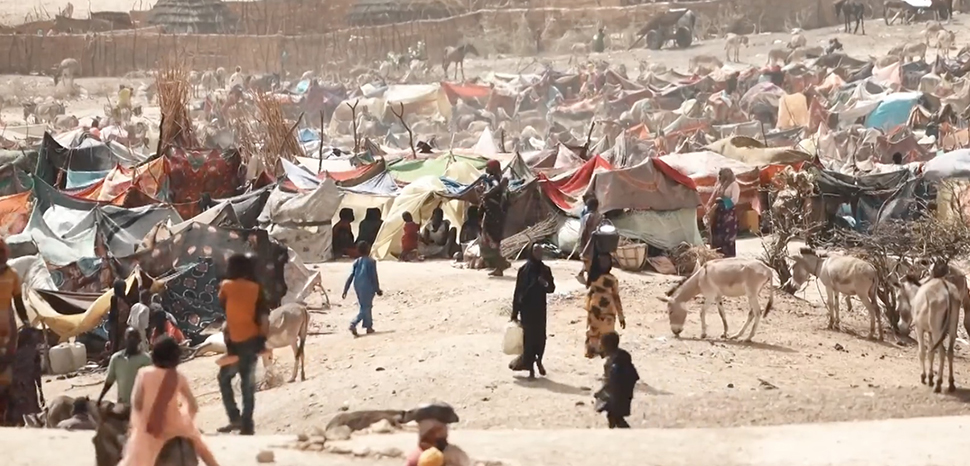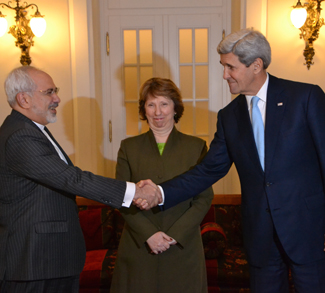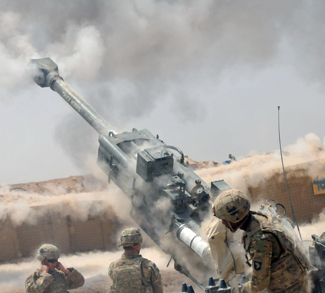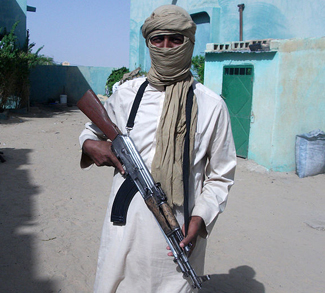In the fertile plains of Sudan, where the Blue and White Nile converge, a tragedy is unfolding that could eclipse the world’s understanding of hunger crises.
Nearly 230,000 children, pregnant women and new mothers in Sudan could die from starvation in the coming months, experts have warned.
Sudan has been consumed by war and fighting since April 2023, a period that has seen over 10 million people forced to flee their homes, making it the world’s largest internal displacement crisis. Hunger, dehydration and disease are all on the rise.
The situation in Sudan is not just alarming; it is a harbinger of a disaster that threatens to spill across borders, potentially destabilizing an entire region. Sudan is on the brink of becoming the next Yemen, a byword for humanitarian catastrophe.
South Sudan and Chad are already shouldering the weight of refugees who carry little more than hope for safety and sustenance. These nations, with their own internal challenges, are now stretched to their limits as they struggle to provide for the added numbers.
Egypt, too, faces an influx of Sudanese nationals, a situation that adds to the existing strain on its economy and resources. Moreover, Sudan’s pivotal role as a conduit for trade and transport is now compromised; the disruption of these routes affects the entire East African region, leading to reduced availability and increased costs of food staples.
The current conflict in Sudan has torn through the nation’s delicate social and economic fabric. Two military factions vie for control, disregarding the cost to human lives and livelihoods. This power struggle has resulted in the worst hunger levels ever recorded during the harvest season—a time typically associated with abundance. The conflict’s impact on Sudan’s food systems is not incidental. Rather, it is a deliberate strategy by the warring factions and foreign agents such as the Russians; a weapon as potent as any firearm.
Averting Famine
The window for action is rapidly narrowing. Preventing Sudan from descending into the world’s largest hunger crisis in decades requires an immediate and multifaceted response. To avert a disaster of unprecedented scale, a robust and immediate response is essential. The crisis demands not just attention but action, starting with increased diplomatic and economic pressures aimed at bringing an end to the hostilities that have choked Sudan’s lifelines. This is coupled with an urgent need for a significant scale-up of humanitarian assistance from the EU, the United States, the UK, Norway, and UN partners.
Such aid must not be a mere stopgap but should represent a sustained commitment to rebuild Sudan’s agricultural sector, the backbone of its food system. Furthermore, supporting regional stability is crucial. The neighboring countries hosting refugees and managing the indirect consequences of Sudan’s conflict require support to maintain food security and manage the socioeconomic impacts. The international community must marshal its collective resources and willpower to prevent Sudan from descending into the abyss of famine. The lessons from Yemen’s ongoing crisis are clear—the cost of inaction is measured in human lives, and the time for decisive action is slipping away.
The crisis in Sudan calls for an urgent convergence of international will, resources, and strategy. The global community has a moral imperative to act before Sudan becomes an echo of Yemen’s tragedy. Food, after all, is not just a commodity—it is the lifeline of a nation, the sustenance of its people, and the bedrock of its stability.
The views expressed in this article belong to the authors alone and do not necessarily reflect those of Geopoliticalmonitor.com.




